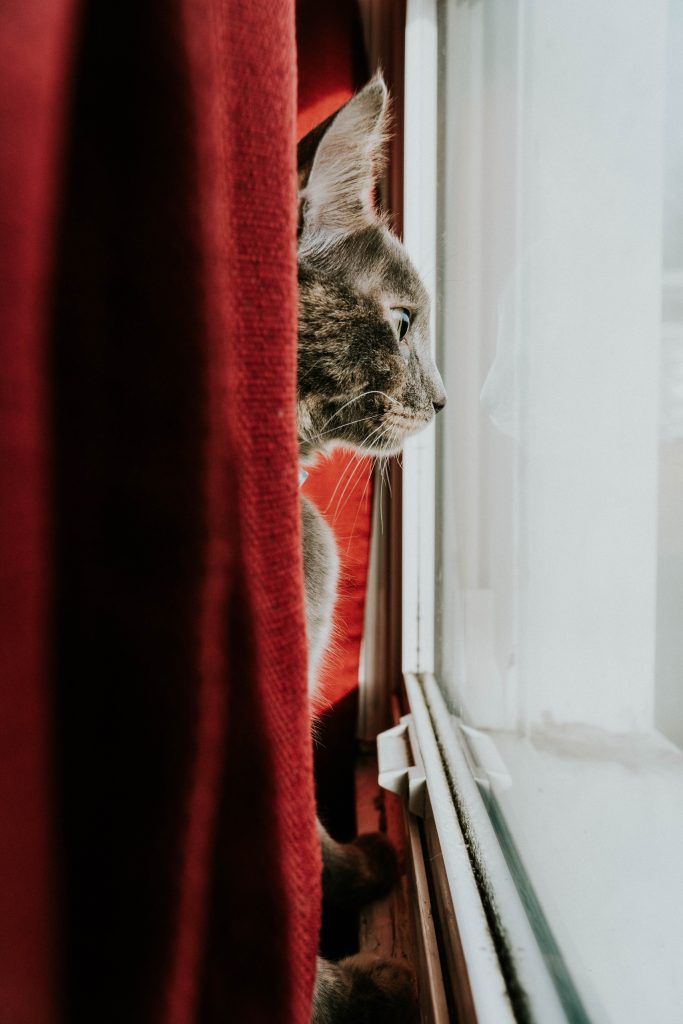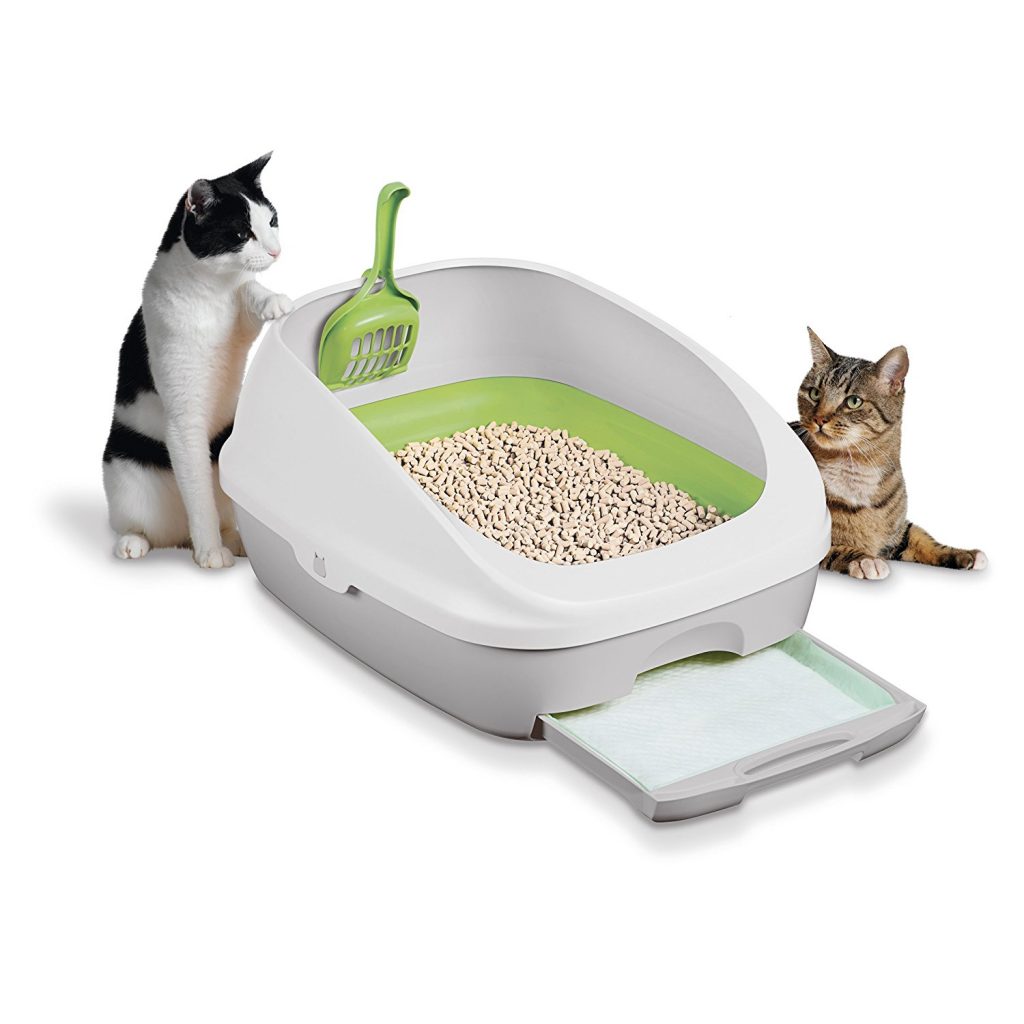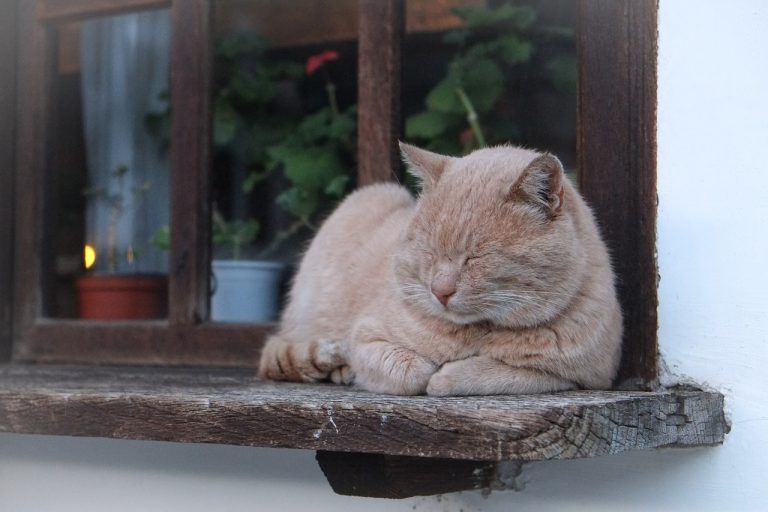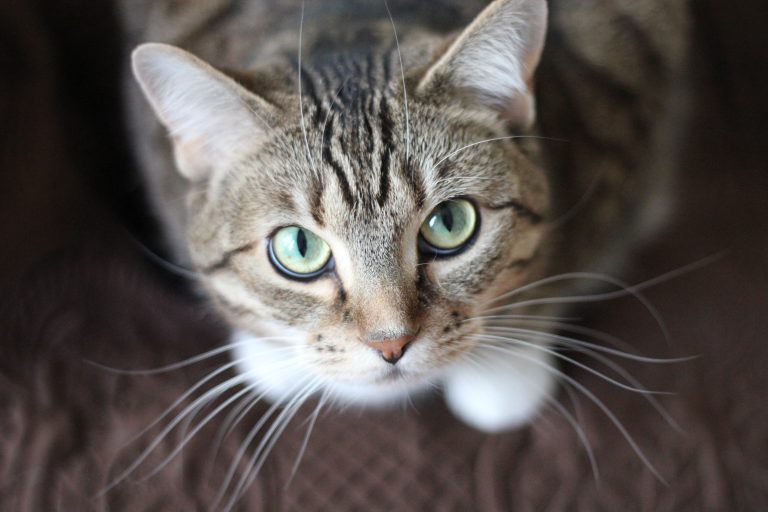First Time Cat Owner: House-Soiling Preventative Tips
Now that you are a first time cat owner and your beautiful cat is home you realize not all is well. The adjustment period is over and you love your cat so much, but …. your cat is urinating in all the wrong places. You have a clean litter box ready to be used but for some reason your cat avoids the litter box. Your cat relieves themselves in either the living room corner or in the bathroom. You are left wondering what could be the problem. Worst yet, you don’t know how to stop the house-soiling behavior. Your frustrated and maybe think that you’ve failed. As you read further down, you’ll discover that there are many reasons for this house-soiling behavior and there may be a way to help your feline out.

Actually there are a number of reasons why your kitten or cat is not using the litter box. Some of the reasons could be environmental and social issues, marking behavior habits, medical reasons, or feline idiopathic cystitis (FIC) issues. Cats typically don’t soil outside the litter box out of spite or anger but do so because their physical, social, or medical needs are not being meet.
Environmental and Social Issues
To urinate and defecate properly, cats need a clean, quite, low-traffic area of the house. Cats do not like litter box areas that are dirty, cluttered, and located in a noisy, high-traffic area. Cats prefer areas of the home that are clean, quiet, and private. The litter box should be place in a low traffic area of the house. This will encourage your cat to urinate in the litter box and diminish the chance of house-soiling elsewhere.
Marking Behavior Habits
Cats often urinate and defecate to mark an area with their scent. Male cats that have not be neutered and female cats that have not been spayed will mark an area as part of their sexual behavior. Once cats are neutered and spayed, this activity diminishes.
Cats house-soil if they experience any anxiety. Anxiety in cats may be due to environmental changes such as a change in where they eat, sleep, or play. Changing these routine activities is disruptive and creates anxiety in cats. Likewise, if something such as shoes are left laying in the home, and the shoes are not of a familiar scent or odor to the cat, they may spray the shoes.
Cats that spray an area near an exterior door or windows, perceive a threat from outside the home. An example might be fireworks during the summer holidays. Fireworks are very frightening and create anxiety to many dogs and cats. Cats that house-soil near a stairway, in hallways, or the center of a room, perceive a threat from within the home. The source of their stress from within the home could be from other household pets, new visitors in the household, remodeling activity, or children that are more active than usual. These activities may be short term in nature but they create a real threat to your pets and can cause anxiety.
Medical Reasons
Cats may spray and house-soil if they have certain medical conditions. A Veterinarian can perform an examination and order a urinalysis test to determine if the cat has any medical problems that might lead to house-soiling problems.

Feline Idiopathic Cystitis (FIC) issues
A frequent medical condition of cats is Feline Idiopathic Cystitis. Symptoms include frequent urination, difficulty and painful urination, and even blood in the urine. These symptoms without a doubt can lead to house-soiling. It is an inflammatory condition that can increase or decrease in severity as time passes. The FIC condition is affected by stress, change in eating habits, as well as other issues. A Veterinarian can assess your cat’s health and determine if they in fact have FIC.
Management and Treatment of House-Soiling
House-soiling issues can lead back the the litter box itself. Some factors to consider are the number of litter boxes in your home, the location, size, and the type of litter used in the litter box. For every cat you have, you should have one litter box. So, if you have three cats, you should have at a minimum three litter boxes. The litter boxes should be placed away from the cat’s food and water bowls in a quiet and private area of the home. Busy, high-traffic areas of the home are too disruptive for cats to have a litter box that they’ll use.

If your home has multiple levels, then you should place a litter box at each level. Your cat needs access to a litter box wherever they are in the house. If you have an older cat that has difficulty moving, you should place the litter box on the level that the cat spends the most amount of time on. As cats age they move slower and to rush to a litter box on a different floor level may be too much for them. Likewise, the entry point for a litter box should be lower than the sides so that the aging cat can enter even if they are experiencing joint movement issues.
The bigger the litter box the better. At a minimum, the size of the litter box should be about 1 ½ times the length of the cat. They need room to turn around and exit from the box especially if it is in a confined area.
There are many cat litters available on the market today. There are scented, unscented, clumping, deodorized, and on and on. Most cats prefer soft, unscented, clumping litter. Your cat will quickly let you know if they don’t like a particular type of litter.
Above all, the most important thing to remember in your effort to curtail house-soiling is that the litter box should be cleaned a minimum of once or twice a day and more if it is very soiled. Add kitty litter as it is needed. Wash the litter box every one to two weeks with soap and hot water. It is best to not use any strong chemicals that your cat may find offensive and then avoid the litter box altogether.
Consider these reasons as to why your cat may be house-soiling and take steps to diminish or hopefully eliminate your cat’s house-soiling problems. Monitor your litter box carefully and seek professional veterinarian help to rule out that your cat’s house-soiling problems aren’t medical in nature. Remember that cats don’t care for strong, unpleasant odors and dirty places any more than we do!
Accidents can and will happen. So despite all your efforts, when you do end up with a mess to clean up, check out our post on two products that will help with cleaning and deodorizing your home.
If you try any of these suggestions let us know what you think. And if you have any questions, feel free to reach out to us in the comments below. We always are ready to help you out.







